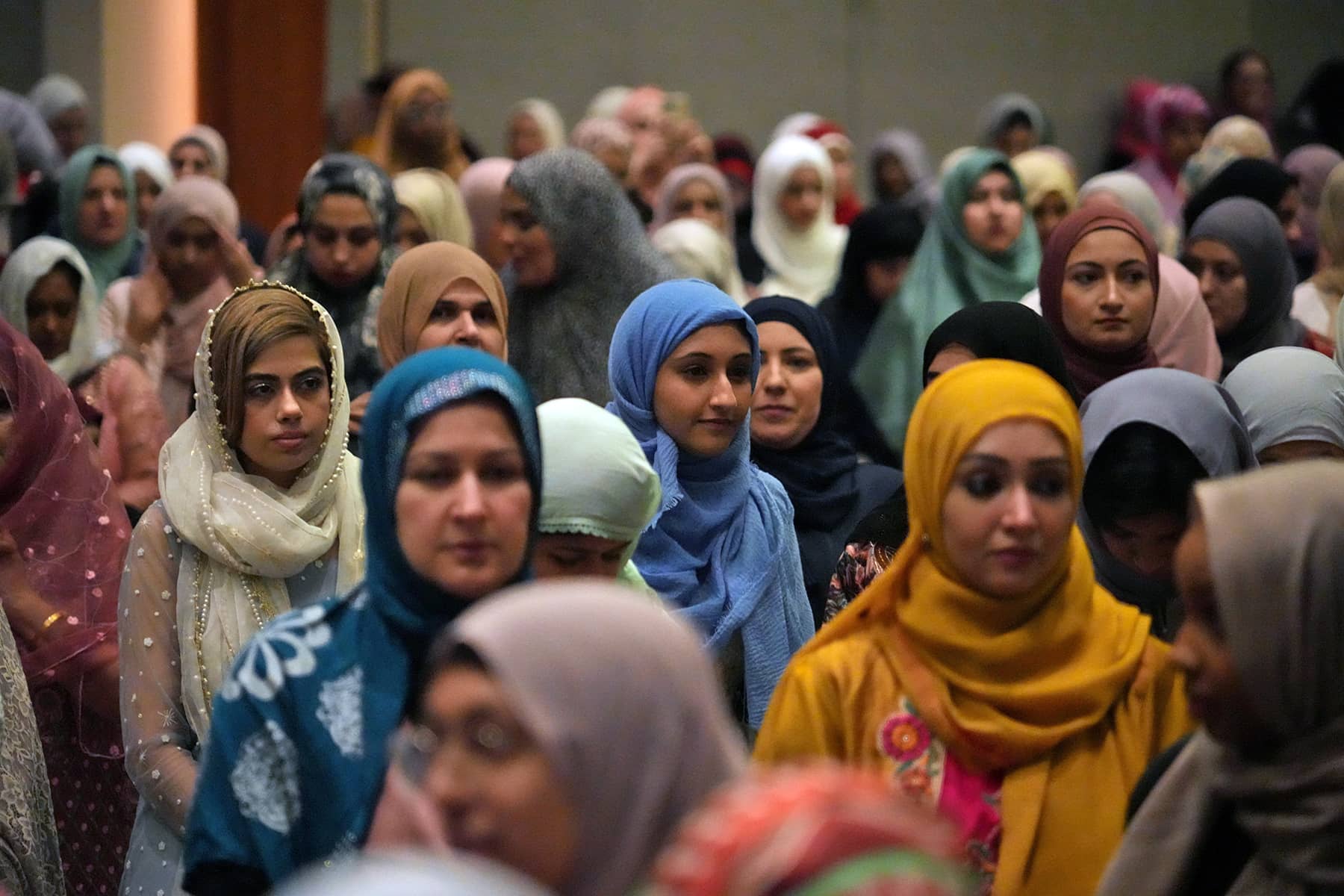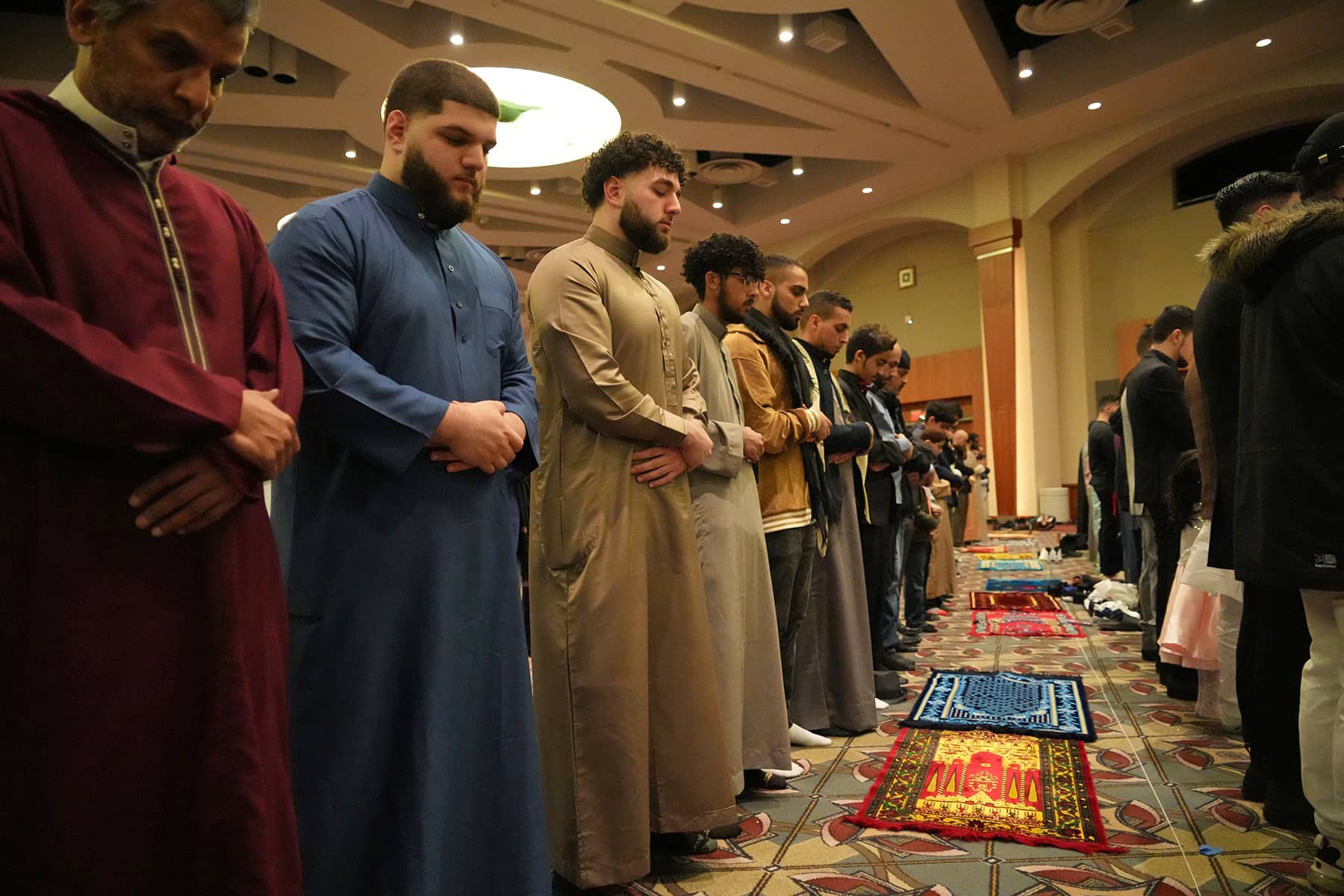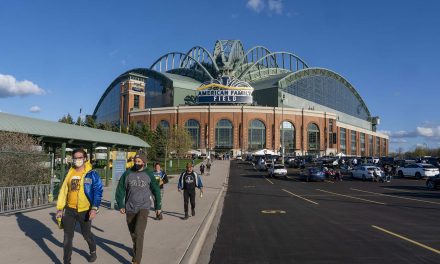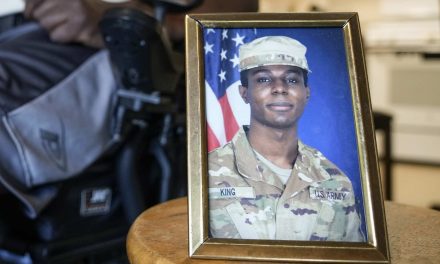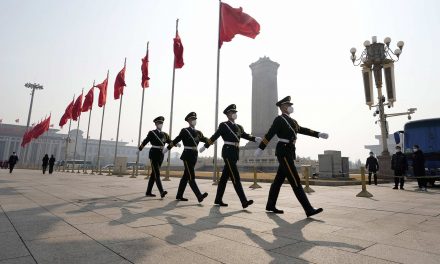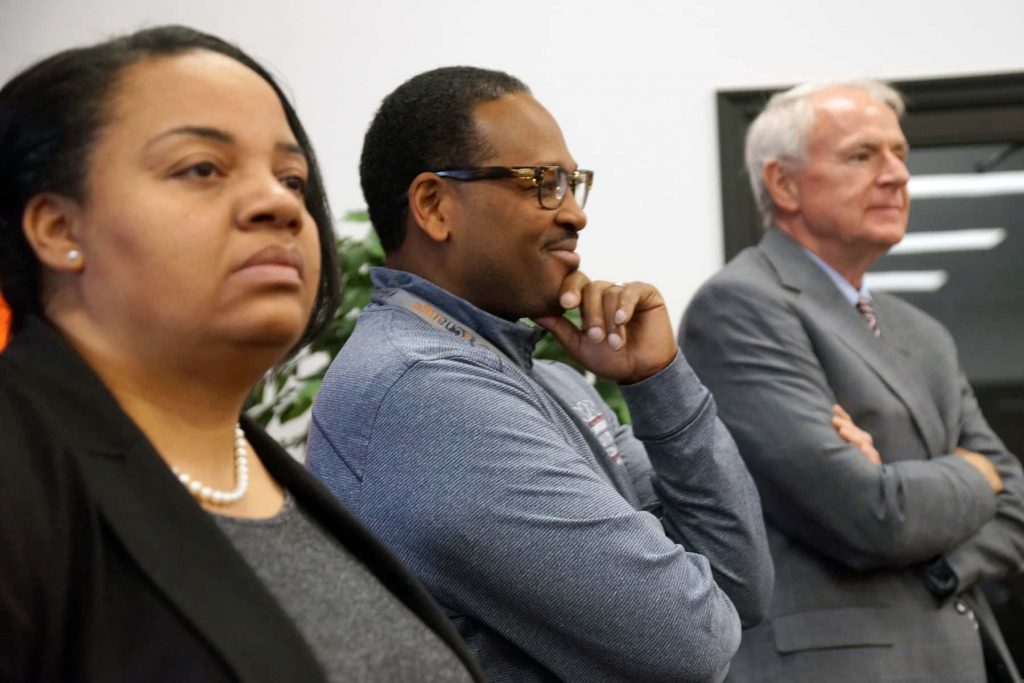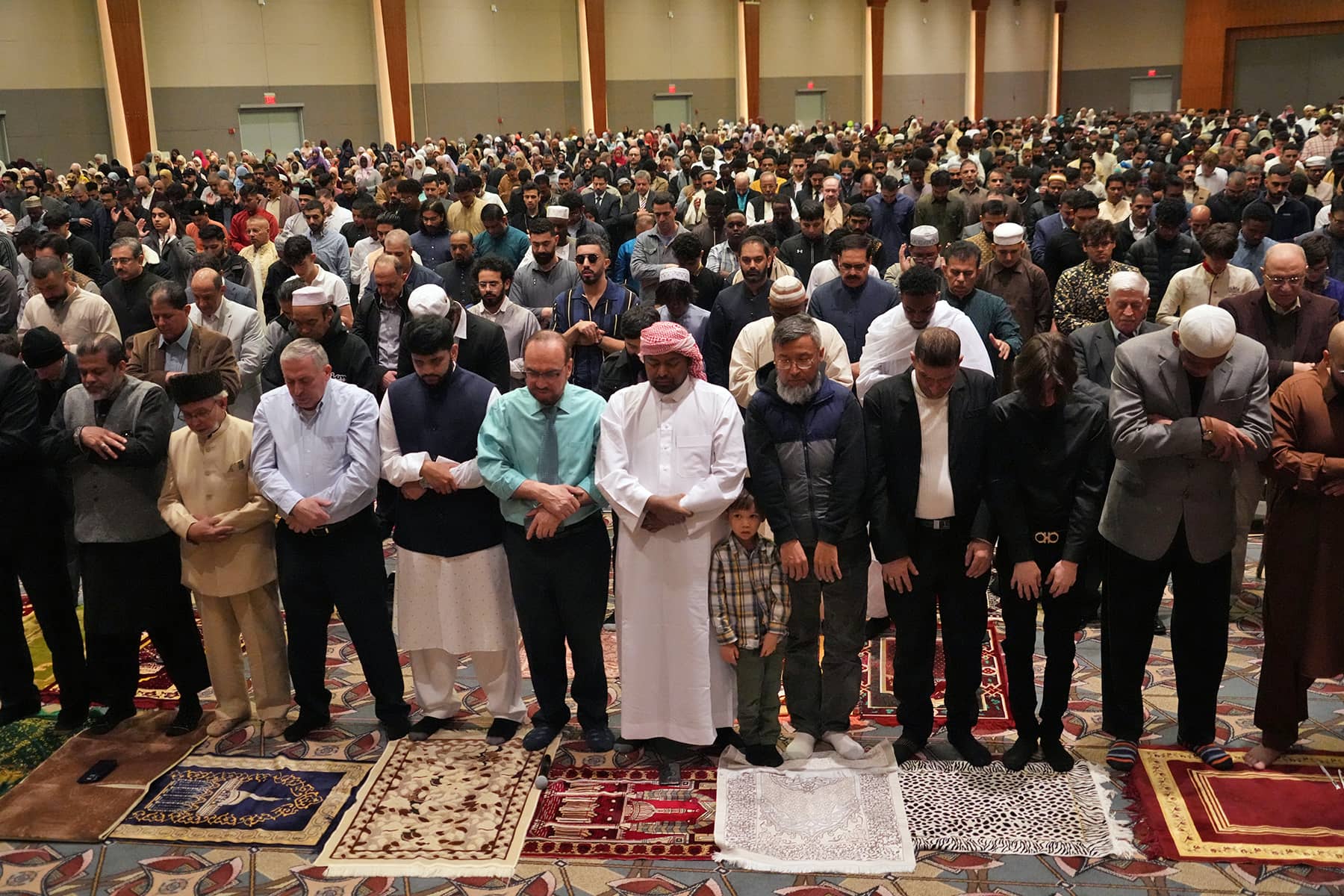
Muslims around the world will bid farewell to the Islamic holy month of Ramadan and start celebrating the holiday of Eid al-Fitr. Eid is marked with congregational prayers and festivities that typically include family visits, gatherings, and new clothes.
This year, Eid will come just after the Israel-Hamas war crosses the somber milestone of having stretched on for half a year. During Ramadan, as Muslims around the world savored the traditions of their diverse communities, advocacy, prayers, and charity for Palestinians in Gaza were high on the minds of many.
What is Eid al-Fitr?
It’s an Islamic holiday marking the end of Ramadan, the month when devout Muslims fast daily from dawn to sunset. Ramadan is a time of increased worship, charity, and good deeds.
Eid al-Fitr means the feast, or festival, of breaking the fast.
When is Eid al Fitr?
Islam follows a lunar calendar and so Ramadan and Eid cycle through the seasons. This year, the first day of Eid al-Fitr is expected to be on or around April 10; the exact date may vary among countries and Muslim communities.
What are some common Eid greetings?
Eid Mubarak, or Blessed Eid, and Happy Eid.
What are some of the traditions and customs associated with Eid al-Fitr?
In Indonesia, the world’s most populous Muslim-majority country, many people embark on an exodus to their hometowns to celebrate the holiday with loved ones. This year, an estimated 193.6 million travelers are expected to crisscross the vast archipelago for Eid in a homecoming tradition known locally as “mudik.”
In the past two years of Eid celebrations, Indonesians crammed into trains, ferries, buses and onto motorcycles as they poured out of major cities amid severe traffic congestion to return to their villages to celebrate the holiday with families.
Flights were overbooked and anxious relatives, weighed down with boxes of gifts, formed long lines at bus and train stations for the journeys.
Before the holiday, popular markets teem with shoppers buying clothes, shoes, cookies and sweets.
In Malaysia, Muslims also have a homecoming tradition for Eid. The first day usually begins with a morning prayer in the mosque, seeking forgiveness from family and friends, and visiting loved ones’ graves.
There is an “open house” spirit that sees friends and families trading visits to celebrate Eid and enjoy traditional delicacies such as ketupat, rice cooked in a palm leaf pouch, and rendang, a meat dish stewed in spices and braised in coconut milk.
Older Muslims give money in green packets to children and guests who visit their homes.
In Egypt, families partake in Eid prayers amid a festive atmosphere. Many visit relatives, friends or neighbors and some travel to vacation spots. Children, usually wearing new Eid outfits, receive traditional cash gifts known as “eidiya.”
Making or buying Eid cookies dusted with powdered sugar is another fixture of marking the holiday in the country.
In the United States, where Muslims make up an ethnically and racially diverse minority, many come together for Eid prayers and for festivals featuring fun activities for children and families.
In Wisconsin, the Islamic Society of Milwaukee has traditionally hosted the largest prayer gathering in the state with two downtown services, a festival open to the public.
However for 2024, the Wisconsin Muslim Journal reported that the festival would be canceled out of respect for the suffering of Palestinians in Gaza.
“On the day of the Eid, we want to show the people in Gaza that we stand with them,” said Salah Sarsour, president of ISM. “We want to show respect for the people we lost. So, this year we asked people in the community from different groups what we should do in light of Gaza, where what is happening now is the worst that has happened anywhere in the world for decades. The feedback was that this is not the time to host a festival. No priority is more important than stopping the war in Gaza and serving the Palestinians there.”

